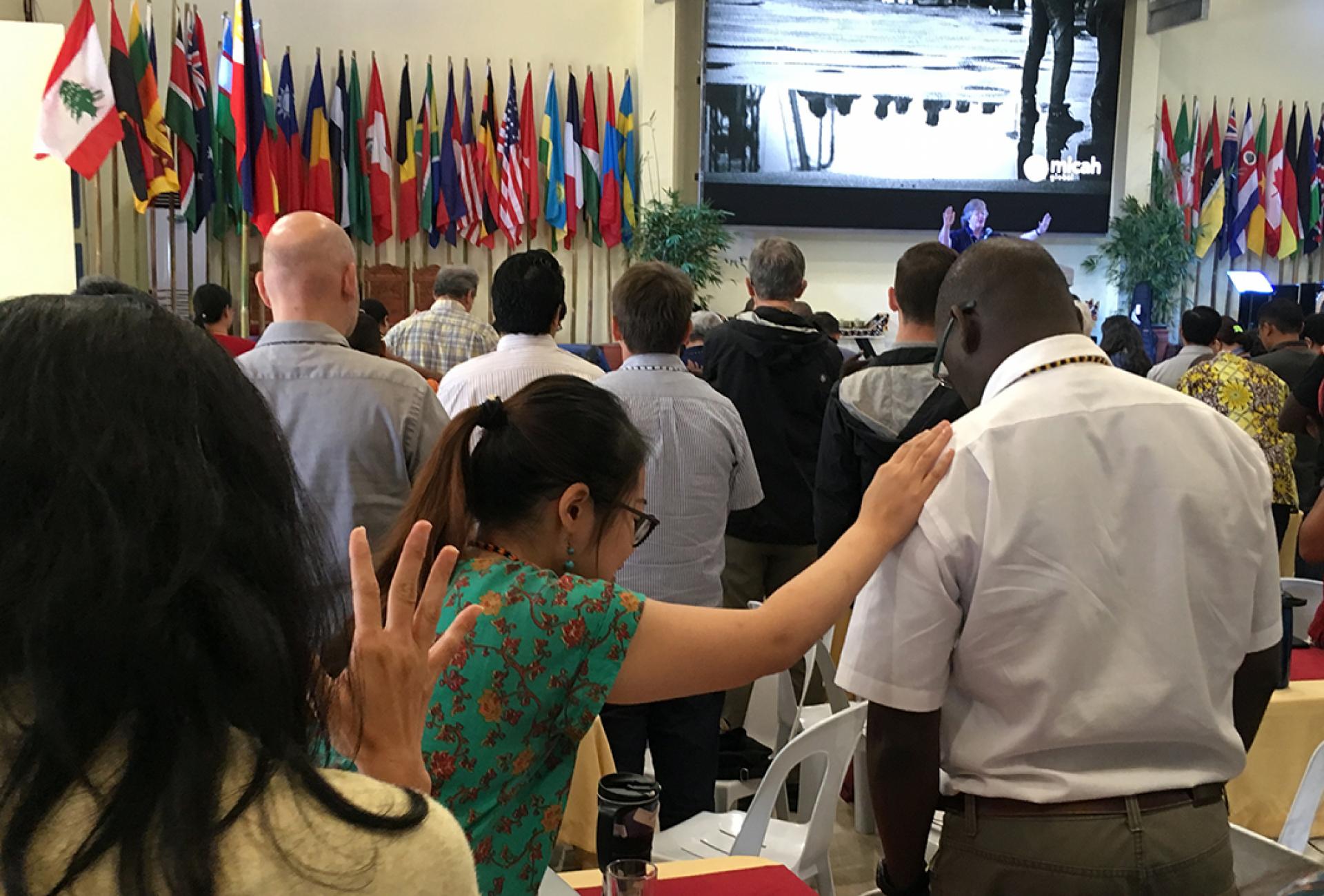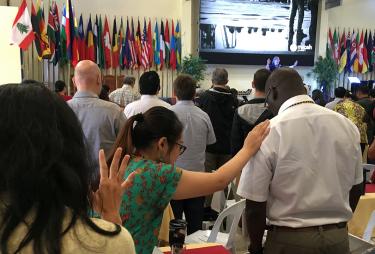Is the world really getting less religious?


Yes, if you believe the latest survey of the World Value Survey, which The Swedish Christian newspaper Dagen recently reported. But the survey raises many questions. Our advisor Petter Jakobsson does not distrust the numbersbut asks whether they manage to capture reality.
There is really no reason to question the facts that the World Value Survey delivers. It is quite possible that the world has become a little less religious in recent years. But certainly we at the SMC get to when someone claims that religion becomes less important.
After all, we are pushing the thesis that everyone needs religious literacy — everyone needs to understand something about the role of religion in society and its importance to individuals. We say this because religion is such an extremely important piece of the puzzle in all the countries where our member organisations operate. Does our thesis fall if the people of the world become less religious?
There are several arguments that raise questions. Especially in the article that the researcher behind the study, Ronald F. Inglehart, wrote: Giving Up on God: the Global Decline of Religion. The article is mainly about the United States, which according to the survey had the greatest valor of religious interest between 2007-2019.
Outdated image of religion as a tool
The United States has always been highlighted as the exception among industrialised countries because religion has played such a strong role and has not lost importance as living standards and security have grown. Other countries in Europe, for example, have secularised at the same rate as the standard of living has increased. Inglehart describes this as a causal context, but does not explain why the United States did not fit in with that picture.
He remains in the, as I thought, outdated image of religion only as a utility, as a tool to deal with reality. His reasoning is based on the fact that religion is for those who live in an insecure or chaotic world. When the “benefit” of religion as security ceases, faith ceases.
Inglehart’s article focuses on the role of religion as support in the chaotic world, rather than as a guarantor of social contact, ethics and sound values. He points out, for example, that countries with a high degree of religiosity have a high degree of corruption and high murder rates (which correspond to the commandments; you shall not steal and you should not slay). His conclusion is that religion is not a guarantor of morality but a tool for man’s need for security and that this need is greater in weak states with corruption and violence.
Can the importance of God be caught in surveys?
But what does the survey say about the rest of the world? Actually quite a bit. The differences in religiosity are not so great. It’s the United States that stands out. Industrialised countries are losing out in religiosity — so there is a trend break. Poor countries are also in decline. In our work at the SMC, we usually refer to research that the number of religious people is increasing, because the population is increasing faster in countries with great religiosity. What does Inglehart say about that?
The question that hangs over me is: What kind of religiosity is it people leave? Can the importance of God be captured in World Value Surveys rather simple and blunt questions? In the case of the United States, it’s pretty clear: people leave the church that doesn’t answer their questions. Inglehart describes it as politics gaining the upper hand over religion.
But what about other countries? What makes fewer people care about God? Is there a lack of time? Is it disappointment over organized religion? Does God disappear with higher material standards and increased security, as Inglehart seems to mean?
People continue to go to church
I don’t think it’s that simple. Regardless of trends, we must relate to religious people both in Sweden and in international development cooperation. Even if we see a trend reversal, the world continues to be religious. Everyone who works in an international context, but based on a Swedish situation, needs to remind themselves all the time.
For most people in the world, God is still central. They continue to go to their temple, church, synagogue or mosque. Most people in developing countries have more faith in religious than political leaders. Most people in the world continue to turn to a higher power in their inner thoughts. For me, God is not a tool that I throw away when my life gets better.

